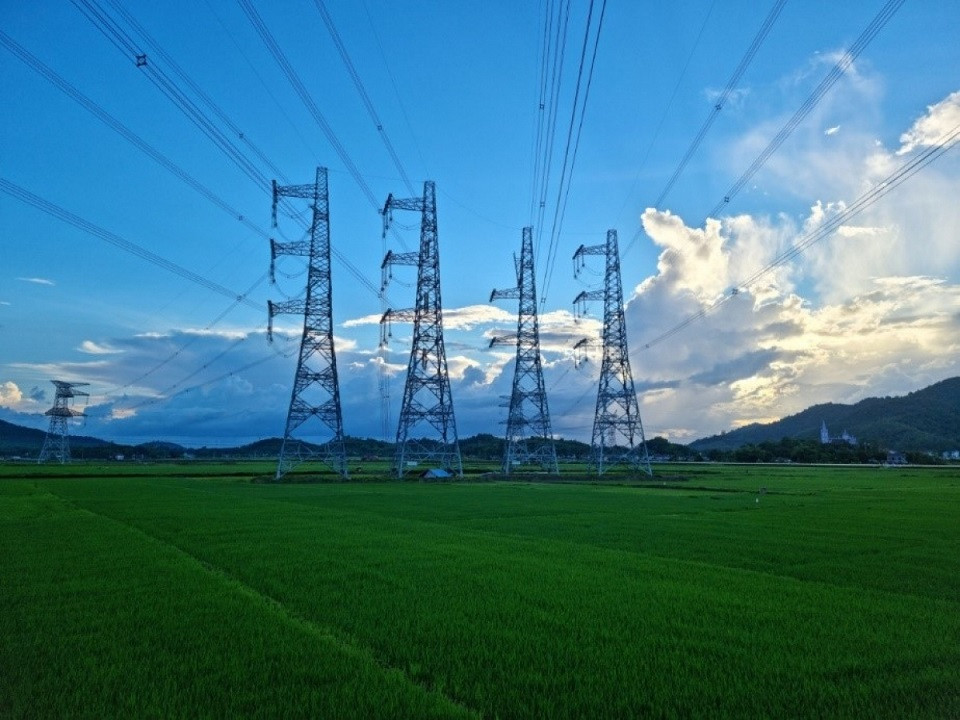
According to the Ministry of Finance, in the period of 2016-2020, 180 State-owned enterprises (SOEs) were approved for equitization, with a total value of VND 489,690 billion, of which State capital accounts for VND 233,792 billion. However, only 39 of them have completed equitization, equivalent to 30%.
In this period, the State capital was planned to divest from 384 enterprises, with a total value of VND 60,000 billion. However, by the end of 2020, State capital was only divested from only 106 enterprises, totaling VND 6,493 billion, reaching 11%.
The total value expected to be sold to investors, employees and auctioned publicly is VND 98,748 billion, equivalent to 48% of the State capital in these enterprises. However, only VND22,748 billion was sold, reaching 23% of the plan, equivalent to 11% of the value of the state capital in these firms. After equitization, the proportion of State capital in these firms is still high. In many enterprises, state shareholders still hold decision-making power, so there is no real innovation.
Due to the slow progress of equitization, the scale of state-owned enterprises (SOEs) in the economy is still very large, accounted for 7% of total assets and 10% of equity of all enterprises in the market; 25.78% of total production and business capital, 23.4% of the value of fixed assets and long-term financial investment of operating enterprises with production and business results.
Minister of Finance Ho Duc Phoc said that the progress of equitization of SOEs is slow. In 2021, only four SOEs were equitized with a total value of VND 333 billion. It is forecast that in 2022 equitization of SOEs will continue to be difficult.
Equitization of SOEs slows down as motivation drops among leaders
Nguyen Duc Trung, from the Research Institute of Central Economic Management, says reports have shown that one of the important reasons slowing down the equitization process of SOEs comes from leaders of SOEs and governing bodies.
They are afraid of losing their leadership and the prime position of SOEs in accessing land, finance and resources of the State, and losing their rights after equitization. This problem has not been resolved, so the equitization process continues to be slow.
Dr. Nguyen Duc Do, from the Academy of Finance, said there is not much incentive to promote the equitization process because some SOEs are still operating profitably, thanks to their monopoly position in key sectors of the economy.
In addition, they also hold advantages in terms of land and resources as well as the State’s orders. Therefore, the motivation to innovate and improve the efficiency of SOEs is not high.
For SOEs that operate inefficiently, when equitizing, they have to publicly disclose their financial situation as well as production and business, and thus their weaknesses are revealed. This affects motivation for equitization from business leaders.
The valuation of SOEs is another problem. In fact, it is very difficult to determine the value of a business accurately when the factors underpinning the valuation such as interest rates, business prospects, corporate profits fluctuate over time.
Therefore, business leaders and officials at management agencies are afraid of taking responsibility when they approve equitization plans. The fear is even greater when the policy on equitization still has many unclear points, typically the mechanism in valuing assets such as land and brands.
A member of the Central Economic Commission said that officials of SOEs will feel greater responsibility and less power when their enterprises become a joint stock company. Moreover, when becoming a joint stock enterprise, the operation must be more transparent and more accountable, so the responsibility of the manager will be higher.
The main profits of some SOEs come from the fields that they have to be divested. This will weaken the financial position of the enterprise. For example, the Vietnam Chemical Group spends 70% of its resources on investment in fertilizer production, but it does not bring profits. Meanwhile, 30% of the remaining resources are invested in other fields such as: batteries, basic chemicals, detergents, tires, etc., bringing in the main source of income with about VND500 billion ($25 million) per year. However, this is a field that must divest state capital according to regulations. Therefore, business leaders step hesitant to implement equitization.
According to experts, to speed up the equitization process in the 2021-2025 period, it is necessary to identify the equitization and divestment of SOEs as an important task; to resolutely implement equitization and divestment of SOEs doing business in normal areas; to clearly define the responsibility of the head, attaching the responsibility of the head to the results of the enterprise restructuring.
Other measures include: to study, amend and supplement legal regulations to clearly determine the form of violations, the level of handling, to clearly define the level of competence to evaluate and handle agencies, organizations and individuals who fail to complete the equitization plan.
For problems in enterprise valuation, it is needed to accept the market mechanism; build a competitive and equal auction mechanism, as well as the publicity and transparency of information to be able to accurately value enterprises.
The determination of the value of land use rights is very complicated and it is the cause of the delay of equitization. Therefore, the value of land use rights should not be included in the enterprise value when conducting equitization.
Tran Thuy